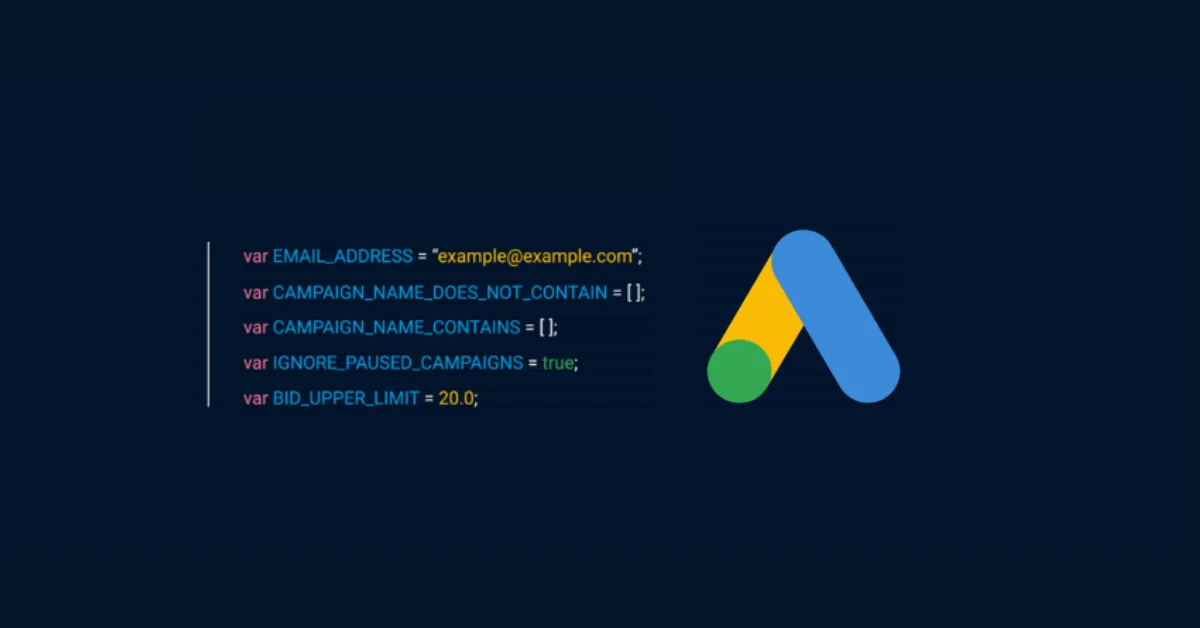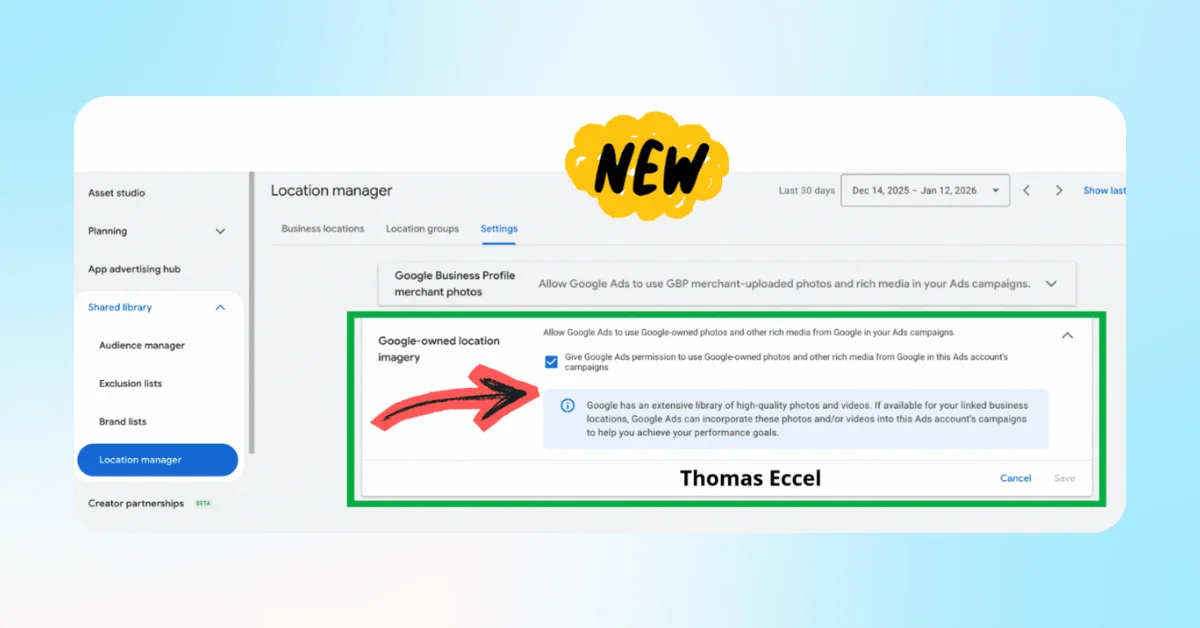Google will not be forced to break up its search business but must implement changes to prevent further anticompetitive behavior, according to a tentative order by U.S. District Court Judge Amit P. Mehta. The judge's remedies prohibit Google from entering or maintaining exclusive deals that tie the distribution of Search, Chrome, Google Assistant, or Gemini to other apps or revenue arrangements. For example, Google cannot condition Play Store licensing on distributing certain apps or link revenue-share payments to app retention.
Google is also required to share certain search index and user-interaction data with "qualified competitors" to prevent exclusionary practices and must offer search and search ad syndication services at standard rates to enable competitors to deliver quality results and develop their own technology. The final judgment, lasting six years and enforced by a technical committee, will be finalized after Google and the Department of Justice (DOJ) submit a revised agreement by September 10.
This ruling follows a 2024 decision that Google illegally maintained a monopoly in online search. The DOJ had sought stronger penalties, including forcing Google to divest Chrome and possibly Android, and ending lucrative agreements with Apple, Samsung, and others that made Google the default search engine on their devices. Google spent over $26 billion in 2021 securing default search placements, with about $18 billion paid to Apple alone, which shares 36% of its search ad revenue from Safari with Google.
Judge Mehta highlighted that default placements are "extremely valuable real estate" that effectively block rivals from competing. The DOJ also pushed for Google to share search index, user data, synthetic queries, and ads data under privacy-protected terms. Google argued that such data-sharing would stifle innovation, threaten user privacy, and undermine investment in research and development. CEO Sundar Pichai described forced data-sharing as a "de facto divestiture" of Google Search.
Mehta referenced Europe’s Digital Markets Act (DMA) as a potential model, which requires Google to share certain click and query data with third parties. However, his order is narrower and temporary compared to the DMA’s ongoing obligations and less extensive than the DOJ’s broader requests, which included source code and full search ranking algorithms—requests Google said would expose its intellectual property.
William Kovacic, a global competition law expert, noted the debate on whether descriptive rules like the DMA or case-by-case adjudication are more effective. The outcome of this case may influence other antitrust trials involving Google, including a separate 2025 trial where Google was found to have illegally monopolized ad-tech markets. Remedies for that case, involving possible divestitures, are scheduled for late September.
Kovacic also pointed out the unprecedented situation of the DOJ pursuing two parallel antitrust cases against Google with overlapping remedy processes. He expects the legal battles, including appeals and potential Supreme Court involvement, to continue until late 2027 or early 2028.

















